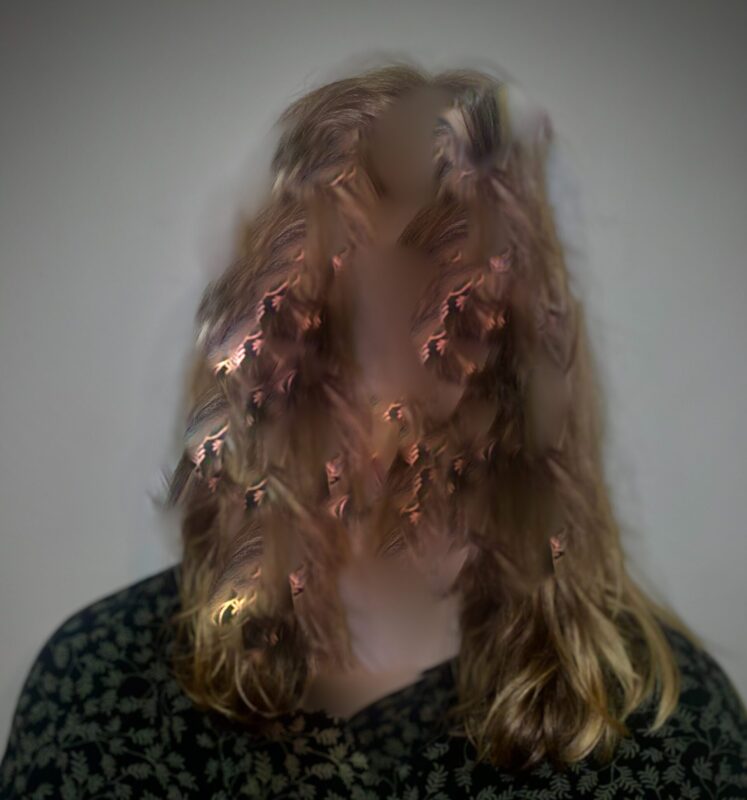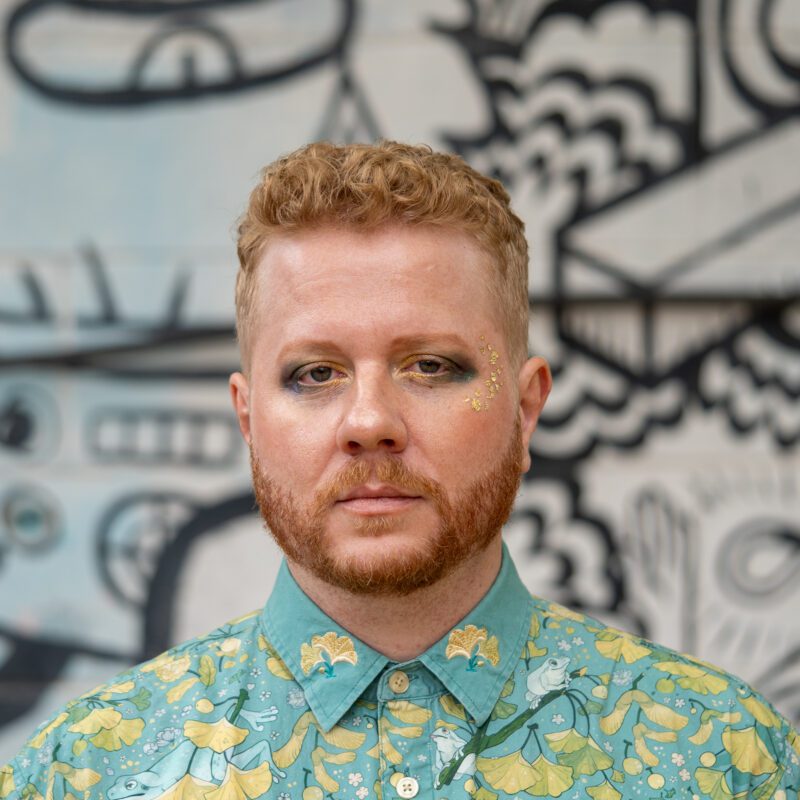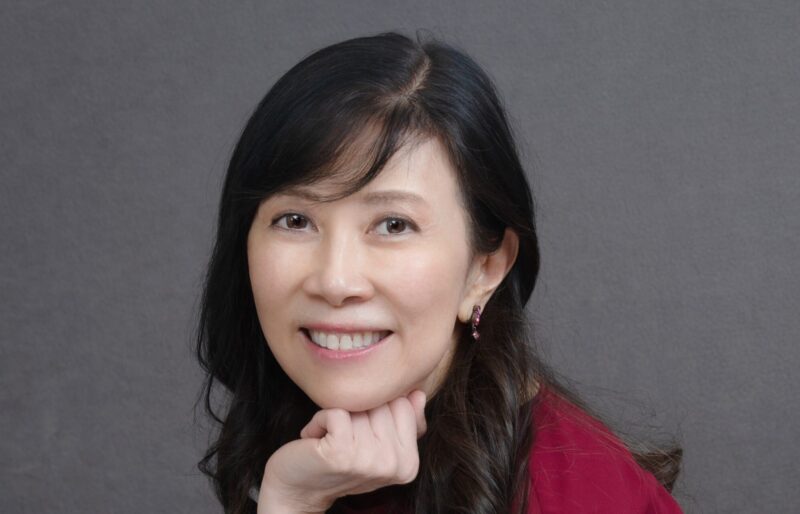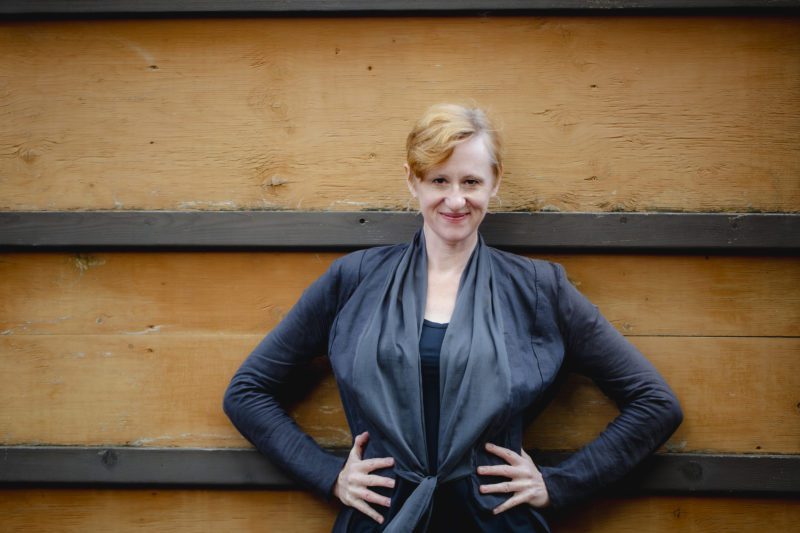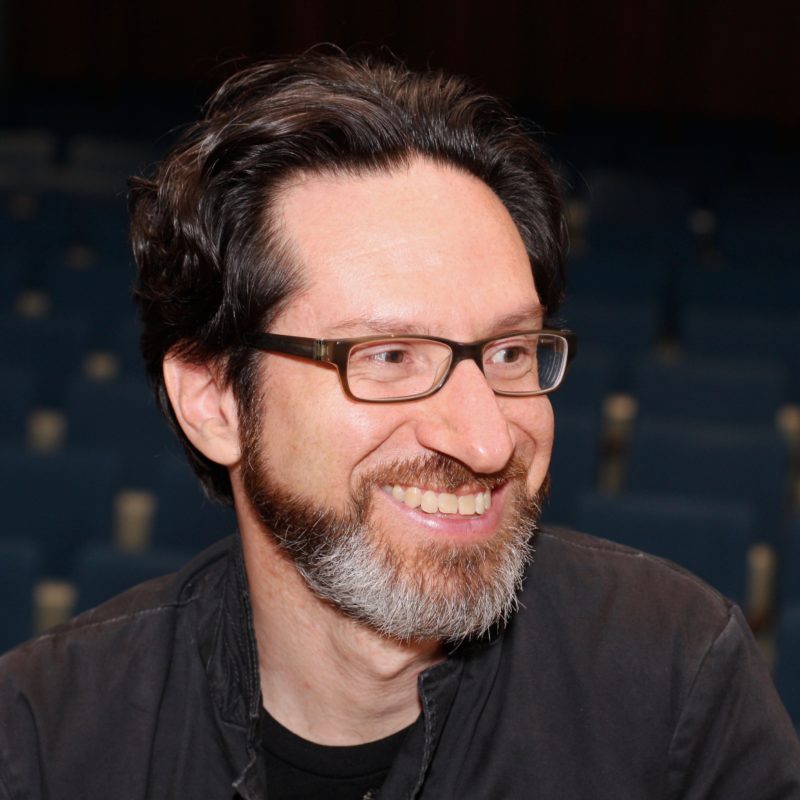
I came somewhat late to composing, so even well into my 20s, the world of new music held boundless mystery and intrigue for me. Scouring the various libraries for all the experimental records and CDs I could get my hands on (yes, it was that long ago), I happened upon the music of Francis Dhomont, the legendary French composer of electroacoustic music who for many years lived parttime in Canada. I was especially taken with "Thème de la fuite" (Theme of Flight) from his multi-movement work … mourir un peu (… dying a little) (1984–87), which appears on Radio Canada International’s classic compilation set Anthologie de la musique canadienne: Musique électroacoustique. Right from the opening sequence, he displayed a deft mastery of the medium. At times the sounds were identifiable; other times they were unearthly. Dhomont had crafted music unlike anything I had ever heard, and I was inspired to learn all I could about it.
Fast-forward a few years to March 1999, when I was a finalist in the Electroacoustic Music category of the CBC Radio National Competition for Young Composers in Montreal. Enter a sage, enigmatic gentleman with wispy white hair and a striking black eyepatch. Francis Dhomont was one of the judges for the competition! It seemed unfathomable that the very composer whose music I not only studied but regarded as the current archetype of the genre would be listening to my own electroacoustic music.
The competition was held at the Salle Pierre-Mercure du Centre Pierre-Péladeau in Montreal, with the esteemed Société de musique contemporaine du Québec (SMCQ) as the resident ensemble. I remember feeling like somewhat of an imposter amongst a group of exceptionally talented young composers (including Ana Sokolović, who was ultimately awarded the Grand Prize across all categories). But Dhomont came to speak with me after the concert, and I found some reassurance in his enthusiastic response and generous manner. Looking back on this moment, I wish I had told him that his music inspired me to consider sound in an entirely different way; that in his “Thème de la fuite” I first encountered the idea of employing multiple sound components in service of a single unified gesture; and that this one idea alone may have sent me down a rewarding path of sonic exploration. Regrettably, I didn’t say any of that. But I still hold the music of Francis Dhomont in very high regard, and I am still grateful for the extraordinary music he created, for the kindness he showed me, and for the commitment he demonstrated in helping young composers develop their talents.
